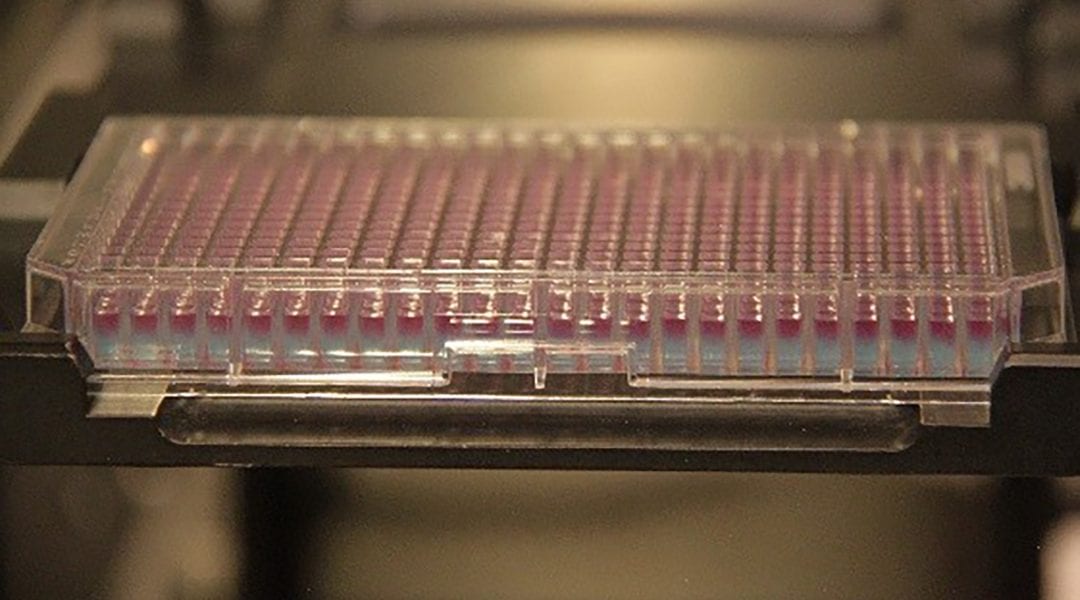The Achilles heel of supercapacitors as energy storage devices, is gradually being overcome.


The Achilles heel of supercapacitors as energy storage devices, is gradually being overcome.

A new model helped researchers create a “nanotube color atlas”, which they use to predict the specific colors of 466 different single‐wall carbon nanotubes, revealing a broad spectrum of potentially achievable colors.

Bacteria controlled by magnets could one day deliver medicine directly to the cells that need it.

The process of detecting gamma rays causes serious damage to those detectors. Researchers have developed a large, self-healing crystal that might help to solve this problem.

AI and robotics meet fluidics to accelerate materials development, allowing researchers to create quantum dots in under an hour.

Researchers create a quantum nanochip that is capable of producing stable, high-quality qubits and could open doors for powerful quantum computers.

A temperature-responsive, porous hydrogel enables more efficient and sustained protein synthesis.

The quantum computer named Jiuzhang was able to complete a task 100 trillion times faster than one of the world’s fastest super computers.

A gelatin-based hydrogel allows researchers to create a flexible, remote controlled robot capable of squeezing through tight spaces.

A new light-sensitive polymer resin gives researchers more control over 3D-printed objects.